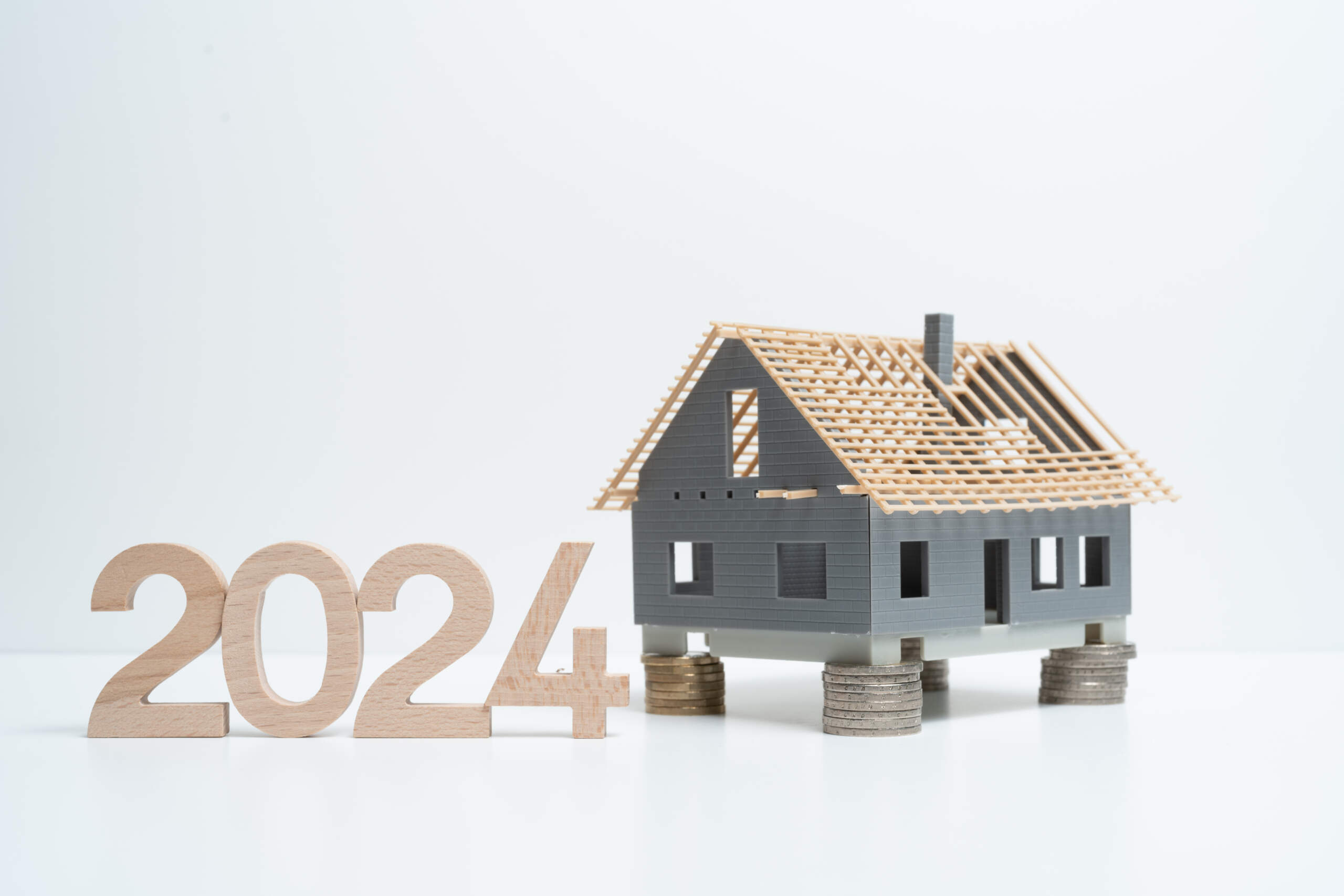So, you’re shopping around for a mortgage and you think an FHA loan might be a good option for you. One reason that FHA mortgages are popular is because of their low-interest rates. Because rates are lower, buyers often end up paying less over the lifetime of their loan. But who sets FHA mortgage rates? What factors go into calculating this figure? Here’s what you need to know.
Who Sets FHA Mortgage Rates?
The FHA does not set mortgage rates directly. However, FHA policies do play an important role. Ultimately, however, your lender is the one who dictates exactly what rate you’ll pay.
What Factors Influence FHA Mortgage Rates?
FHA loans are just like any other loan in the respect that rates fluctuate depending on a variety of factors. The borrower’s financial situation and the level of risk involved with the transaction play an important role. Furthermore, rates may also be influenced by government policies and the state of the economy.
Your Credit Score
Lenders look at your credit score because they want to see how well you manage debt. Your lender wants assurance that you’ll be able to make your payments and repay your loan. Your credit score is a good indicator of that. The better your credit score, the better your chances of getting a good rate.
Size of Your Loan
The size of your loan can also affect your mortgage rate. The bigger the loan, the more risk there is for the lender. This is why jumbo loans tend to have higher rates.
Down Payment Amount
Putting more money down could also help you get a better FHA mortgage rate. Your lender sees your down payment as an indicator of your level of commitment. It tells them that you have skin in the game, which means you’re more likely to repay your mortgage.
Loan Term
The length of your loan can also affect your interest rate. Loans with a longer repayment period tend to have higher rates.
Think of it this way: say you loan money to a friend. If you tell them to pay you back next week, it’s more likely that you’ll get your money back. If you tell them to pay you back in five years, it’s less likely that you’ll see that cash again.
Lenders think of your loan length in a similar manner. That’s why 15-year loans tend to have lower rates than 30-year loans.
Structure of Your Loan
Whether you opt for a fixed-rate loan or an adjustable-rate mortgage also affects your mortgage rate.
Other Factors
Additional factors may influence your mortgage rates like the state of the economy, the housing market, and other variables.
Learn More
For more information on FHA mortgage rates, please contact our office. Our staff will be happy to assist you!





